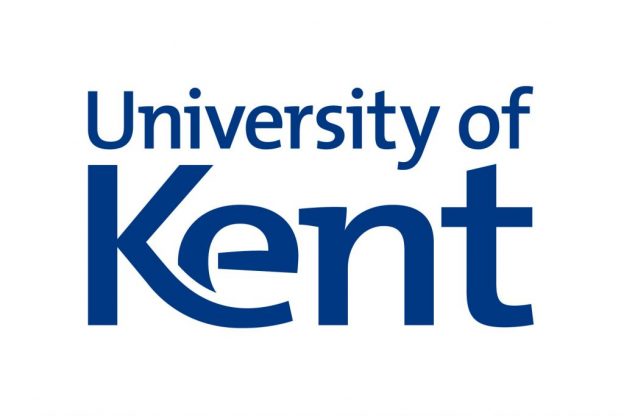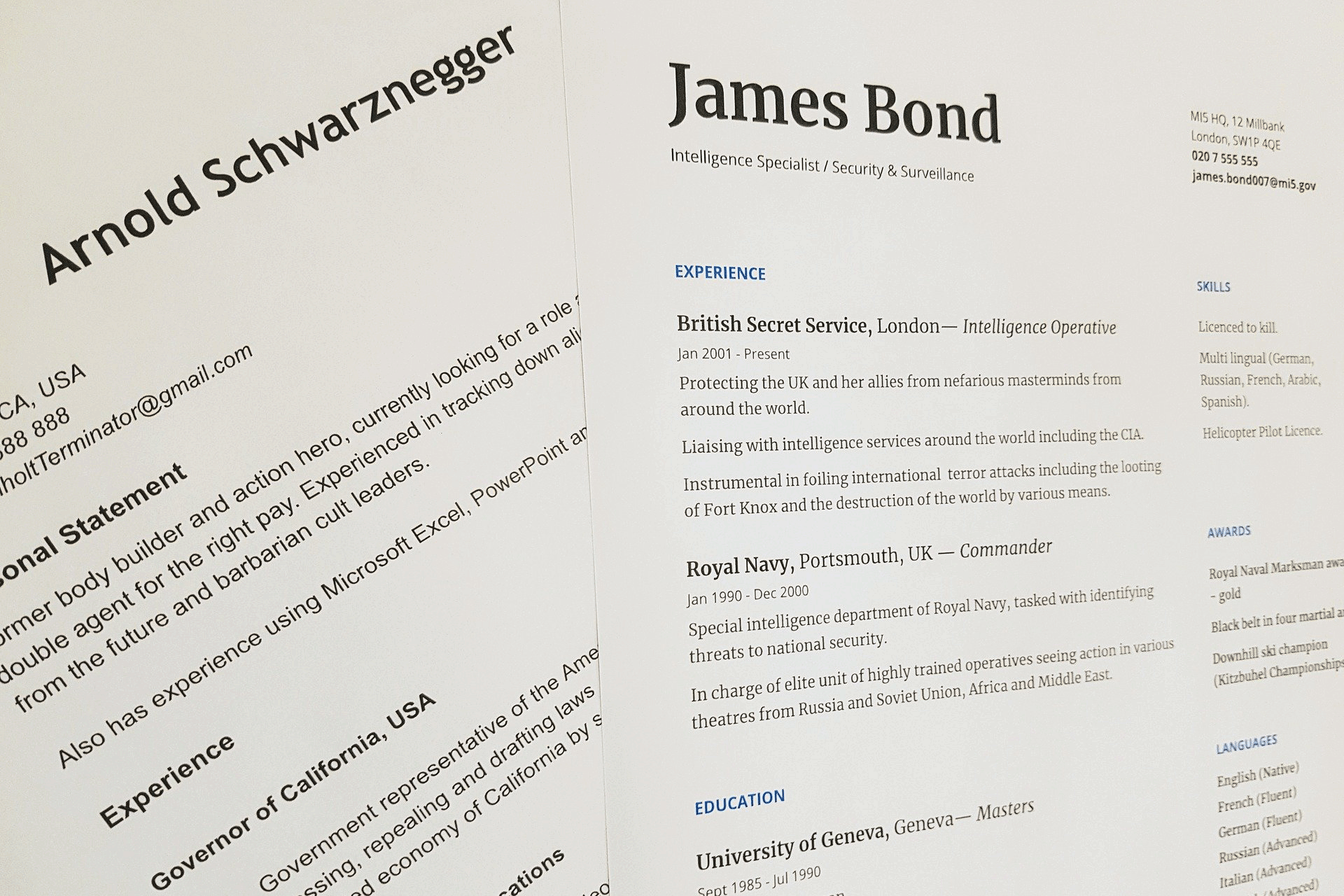Not only are returning student Pier Quays accommodation applications now open, but we can also announce Pier Quay’s new competitive rate for 2021/22!
We’ve been working hard to be able to offer you an accommodation rate that is competitive in the Medway area, and we are pleased to announce that for the next academic year a 39-week contract for a classic en-suite room has been reduced from 2020/21’s rate to just £130 a week for 2021/22. This means you can enjoy all the same great facilities for less as a returning student next year!
So, take advantage and return to enjoy our modern en-suite rooms with fully-fitted kitchens and apply directly through the University of Kent.
Need more reasons to return to Pier Quays than our new competitive rate?
- You can apply to live with friends (see our FAQs for more info).
- All en-suite rooms with returning students first allocated to phase 2 rooms (subject to availability)
- All utilities included (gas, water, electricity, heating and Wi-Fi)
- A Premier Sports membership for Medway Park (only included when applying though the MyAccommodation portal)
- Contract lengths that match your academic terms beginning for the start of term in September, meaning you won’t have to pay extra rent over the summer months. A Classic en-suite rooms available for just £5,070 on a 39-week contract
If you want to find out more about Pier Quays and returning student accommodation please visit the Accommodation website
So, remove the worry of finding a new place to live, take advantage of our new competitive rate and apply online now and relax knowing you can live with friends and have the great facilities to return to next year.
Many thanks,
The Kent Hospitality team








